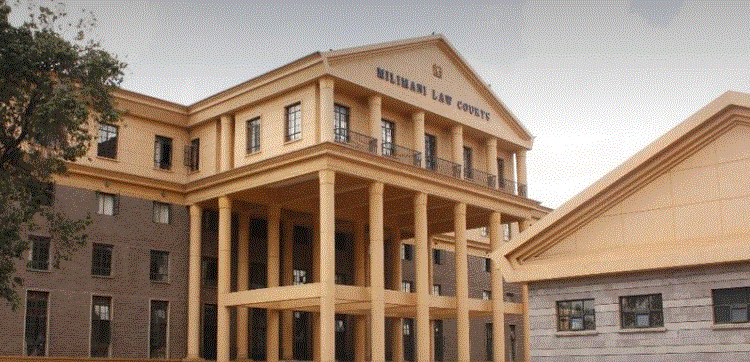A heated legal battle is brewing over a new law that could see county governments seize and auction private land without stepping into a courtroom.
Lawyer Shadrack Wambui has filed a constitutional petition challenging sections of the National Rating Act, 2024, accusing the government of giving counties sweeping powers that threaten property rights and violate due process.
Wambui wants the High Court to suspend the enforcement of Sections 19(3)(d) and 19(4) of the Act, which allow counties to administratively auction off rateable property over unpaid land rates — without prior judicial authorization.
In his petition, filed at the Milimani Law Courts, the lawyer argues that the new provisions amount to “state-sanctioned dispossession” and directly infringe on Article 40 of the Constitution, which protects the right to property.
“The administrative auction of private property without judicial sanction poses an imminent risk of irreparable harm to landowners. Once auctioned, such property cannot be recovered,” Wambui warns in his supporting affidavit.
He is also asking the court to certify the case as urgent and to refer it to Chief Justice Martha Koome for the formation of a three-judge bench, citing the matter’s weighty constitutional implications under Article 165(4).
According to Wambui, Parliament passed the Act without meaningful public participation and without consulting the Commission on Revenue Allocation (CRA), a constitutional requirement under Article 205. This, he argues, renders the law unconstitutional from inception.
“The absence of judicial oversight and uniform national standards opens the door for arbitrary actions by county governments,” he adds, warning that ancestral lands and family homes could be lost overnight to bureaucratic overreach.
Wambui is now seeking conservatory orders to halt implementation of the contested provisions until the court determines the petition. He insists that maintaining the status quo is in the public interest, to safeguard constitutional values, due process, and the integrity of devolution.
If successful, the case could have far-reaching implications for how county governments collect land rates and enforce property tax laws — potentially forcing a review of similar administrative powers across all 47 counties.

